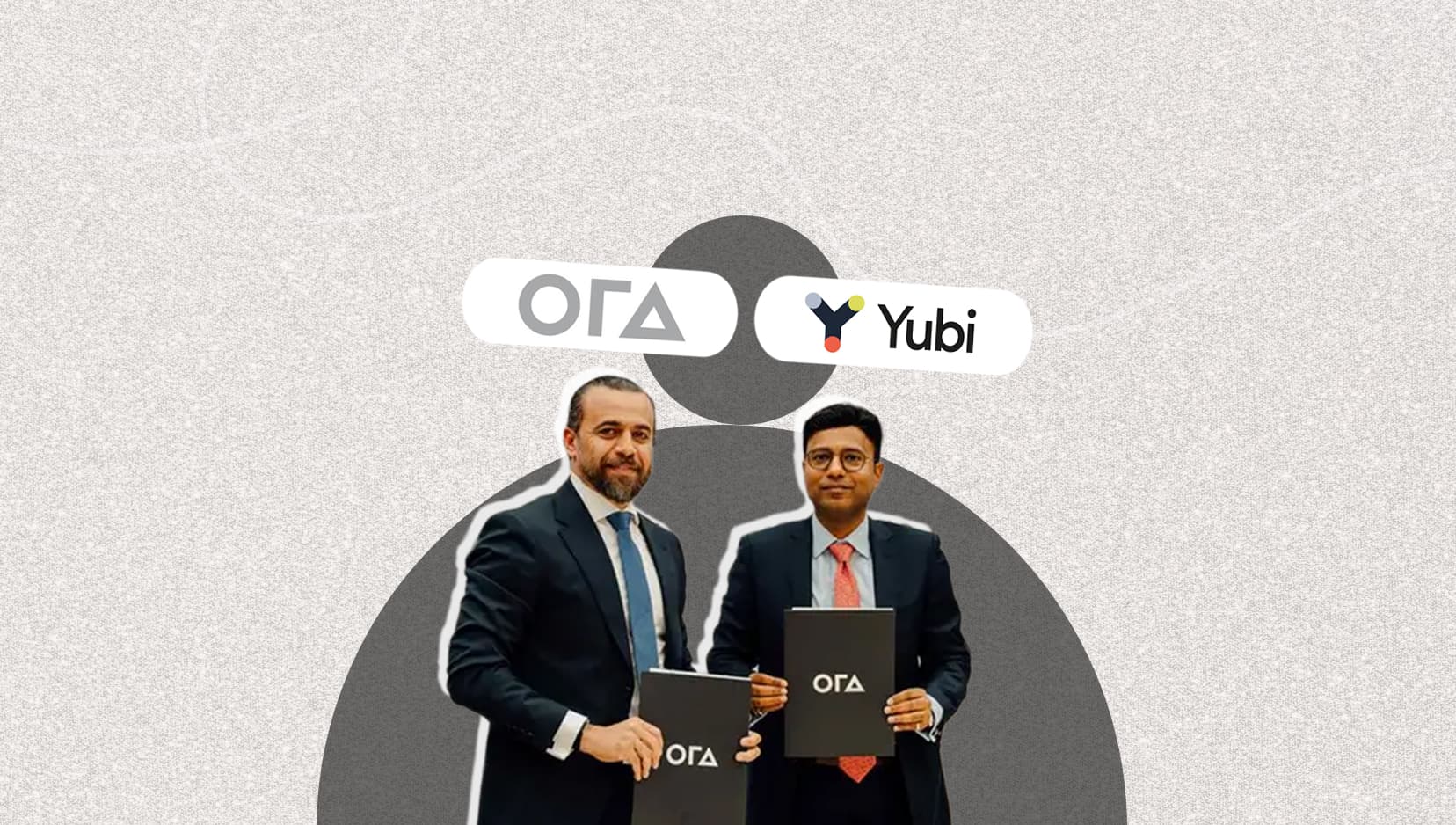Bybit Integrates World’s First DFSA-Approved Tokenised Fund, Boosting Crypto Credibility

3 min
Bybit partners with QNB and DMZ Finance to offer the first DFSA-approved tokenised fund.
QCDT enables investors to use a regulated, dollar-backed instrument on a global exchange.
The integration aims to attract cautious institutions into digital assets with enhanced security.
This move signifies growing acceptance of blockchain for investment beyond mere speculation.
Successful adoption could stimulate more real-world assets entering digital finance in the future.
Bybit has just taken a bold step by partnering with QNB Group and DMZ Finance to introduce QCDT—the world’s first DFSA-approved tokenised money market fund—into its platform as a collateral asset. That might sound a bit of a faff at first glance, but in simple terms it means investors can now use a highly regulated, dollar-backed instrument on a global exchange. For Dubai’s financial hub, this is quite the milestone.
QCDT itself is backed by U.S. Treasuries, structured by DMZ Finance, and overseen by QNB with custody handled by Standard Chartered. Regulated from within the DIFC, it couples the credibility of traditional banking with blockchain’s efficiency. For institutions that have been eyeing crypto but hesitating over compliance headaches, this opens up fresh opportunities. Bybit has promised up to USD 1 billion in borrowing capacity by recognising QCDT as collateral, which could bring in big institutional players who have been sitting on the sidelines.
The move isn’t merely about numbers though. As Yoyee Wang from Bybit explained, the exchange sees this as a gateway for established financial giants to step into the digital asset space with a sense of security. It’s a point that sounds spot on when you look at how cautious banks and funds usually are. On the flip side, some will argue that blending tokenisation with Treasuries is still untested, but it’s clear momentum is building.
Silas Lee of QNB Singapore highlighted that QCDT allows traditional yield-bearing assets, like U.S. Treasury securities, to be integrated seamlessly into the digital economy. And Nathan Ma at DMZ Finance framed it as part of their bigger mission: making real-world assets digitally accessible with stronger liquidity for traditional investors.
From an entrepreneurship point of view—something we at Arageek are close to—the signal here is unmistakable: big institutions and regulators are warming up to blockchain use-cases beyond just speculation. I remember once chatting with a MENA founder who said, “banks only move when they smell safety.” Well… I mean, this move feels exactly like that turning point.
Of course, adoption won’t be instant. Tokenised funds aren’t an everyday tool yet, and not everyone will be chuffed to bits about entrusting digital markets with such hefty collateral. Personally, I reckon the bigger hurdle is education; most people outside the fintech bubble still find tokenisation a bit alien. But with heavyweights like Bybit, QNB, and Standard Chartered on board, the narrative is shifting fast.
In short, Bybit’s integration of QCDT may not transform the world overnight, but it does plant a firm flag in the ground for the Middle East’s ambitions to fuse traditional and digital finance. And if this experiment goes well, we might see a rush of real-world assets making their way into crypto in the months to come. That’s when things could get really interesting—and, for startups across our region, potentially game-changing. It’s definately worth keeping a close eye on.
🚀 Got exciting news to share?
If you're a startup founder, VC, or PR agency with big updates—funding rounds, product launches 📢, or company milestones 🎉 — AraGeek English wants to hear from you!
✉️ Send Us Your Story 👇
 AI
AI Saudi Arabia
Saudi Arabia UAE
UAE Egypt
Egypt








